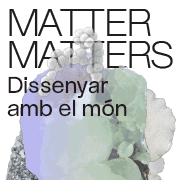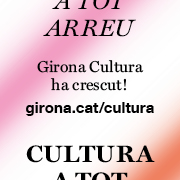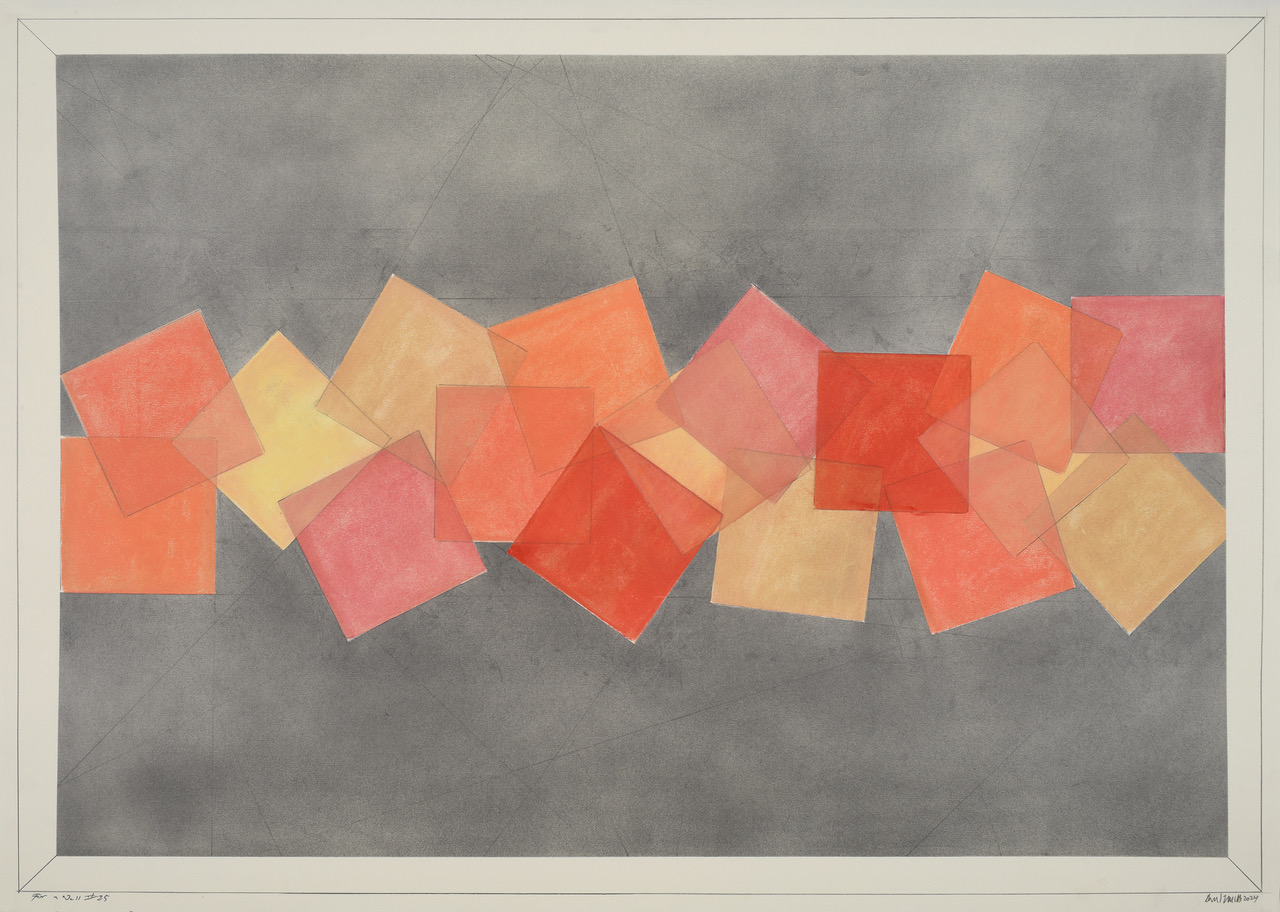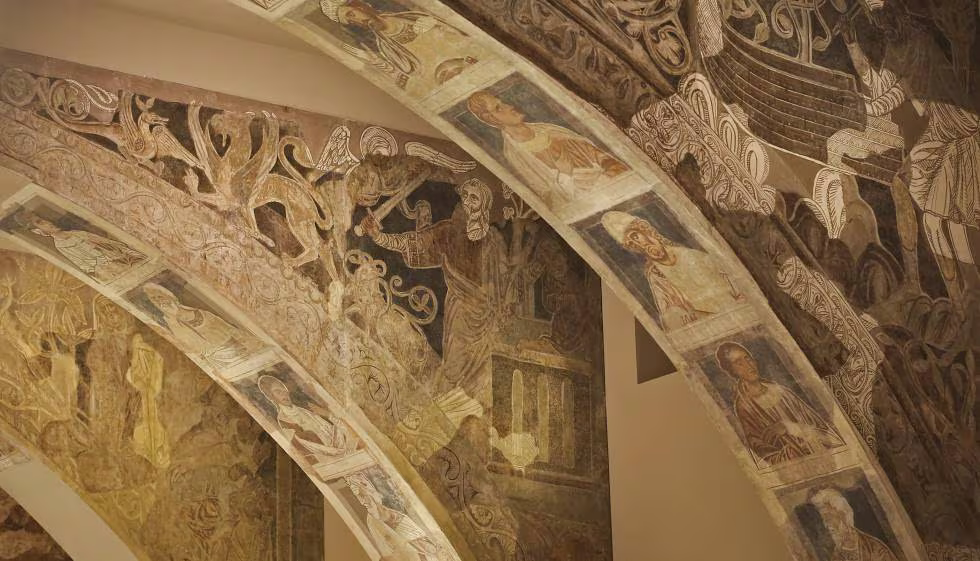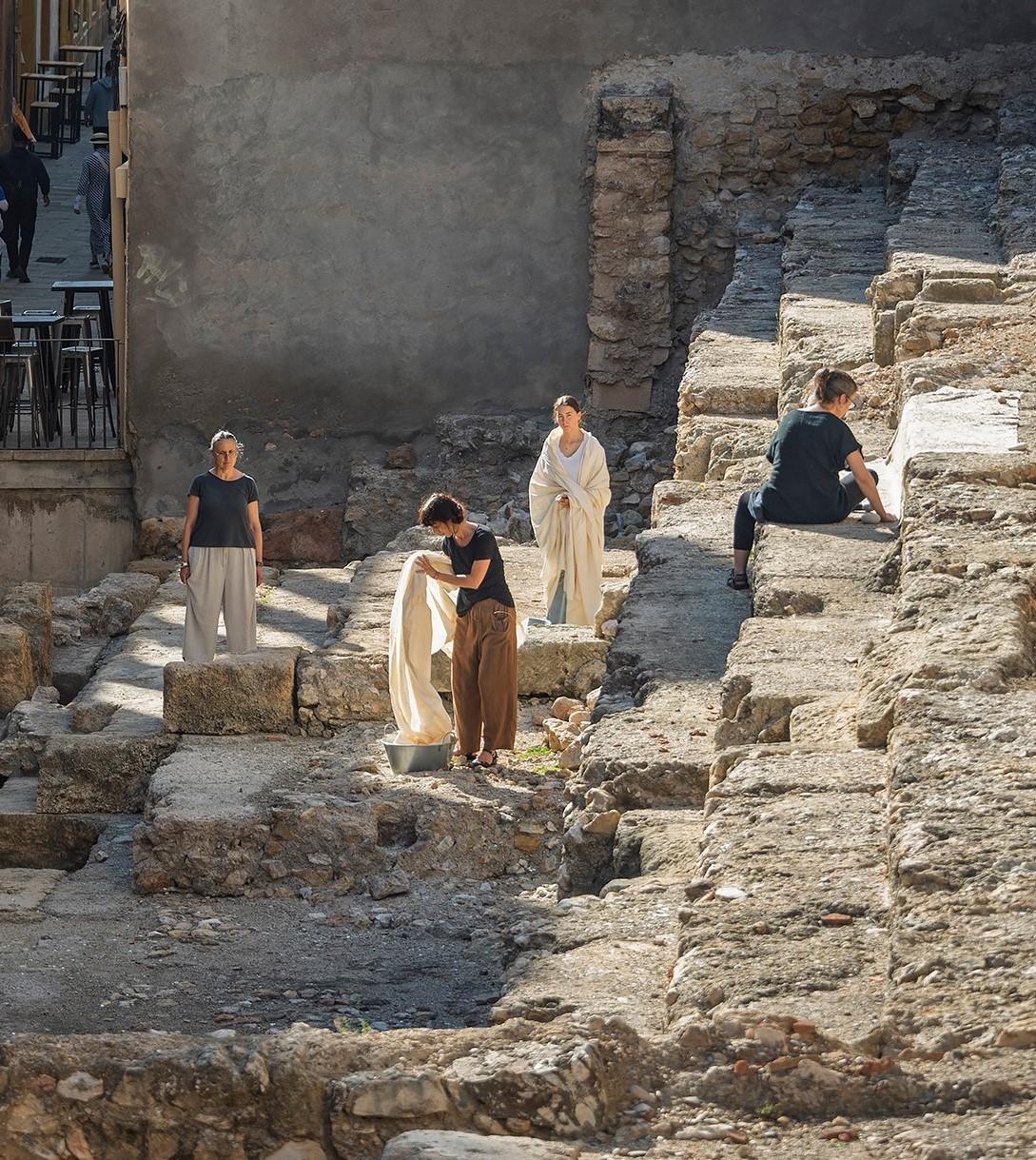News
CoNCA places people at the center to rethink cultural policy
The 2024 report points out the challenges of the cultural sector and puts forward proposals to ensure fairer, more sustainable and representative conditions.
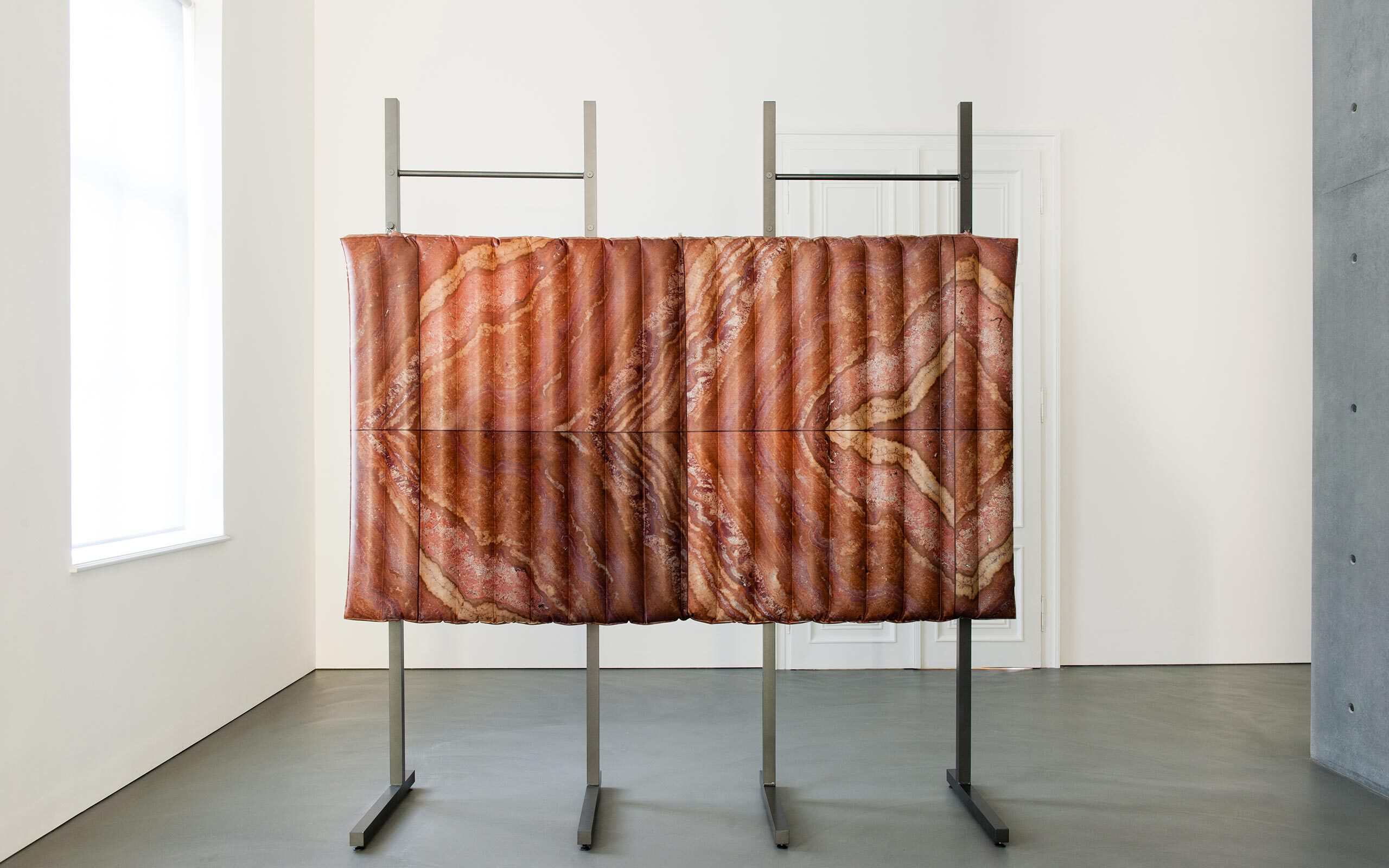
The CoNCA has once again brought to the table a necessary debate: the role of people within the cultural system. With its latest report on the state of culture and the arts in Catalonia, the organization calls for public policies to stop revolving around structures and budgets and focus on guaranteeing specific rights for those who live —and survive— within the cultural sphere.
One of the highlights of this year is the publication of the results of a survey on the working conditions of artists, creators and cultural professionals, with the participation of more than 1,200 people. According to the data, 40% have to combine several jobs to be able to support themselves economically, only 35% exceed the average salary and almost a quarter does not even reach the minimum wage. Gender inequality, low union membership, difficulties in accessing training, and a general lack of recognition are also highlighted. The report states that only 10% of the participants are unionized, which, according to the CoNCA, contributes to perpetuating precariousness that is becoming chronic.
Presented yesterday, June 16, in the Parliament of Catalonia and with a session open to the public this afternoon at the Picasso Museum in Barcelona, the report also takes stock of the general situation of the sector. It notes a recovery in the public and an increase in turnover in various cultural areas. In economic terms, public spending on culture in 2024 has reached 1,458 million euros, with an average of 182 euros per inhabitant, the highest figure recorded to date. Despite this increase, the CoNCA insists that it is necessary to guarantee a real improvement in the living conditions of the people who make this culture possible.
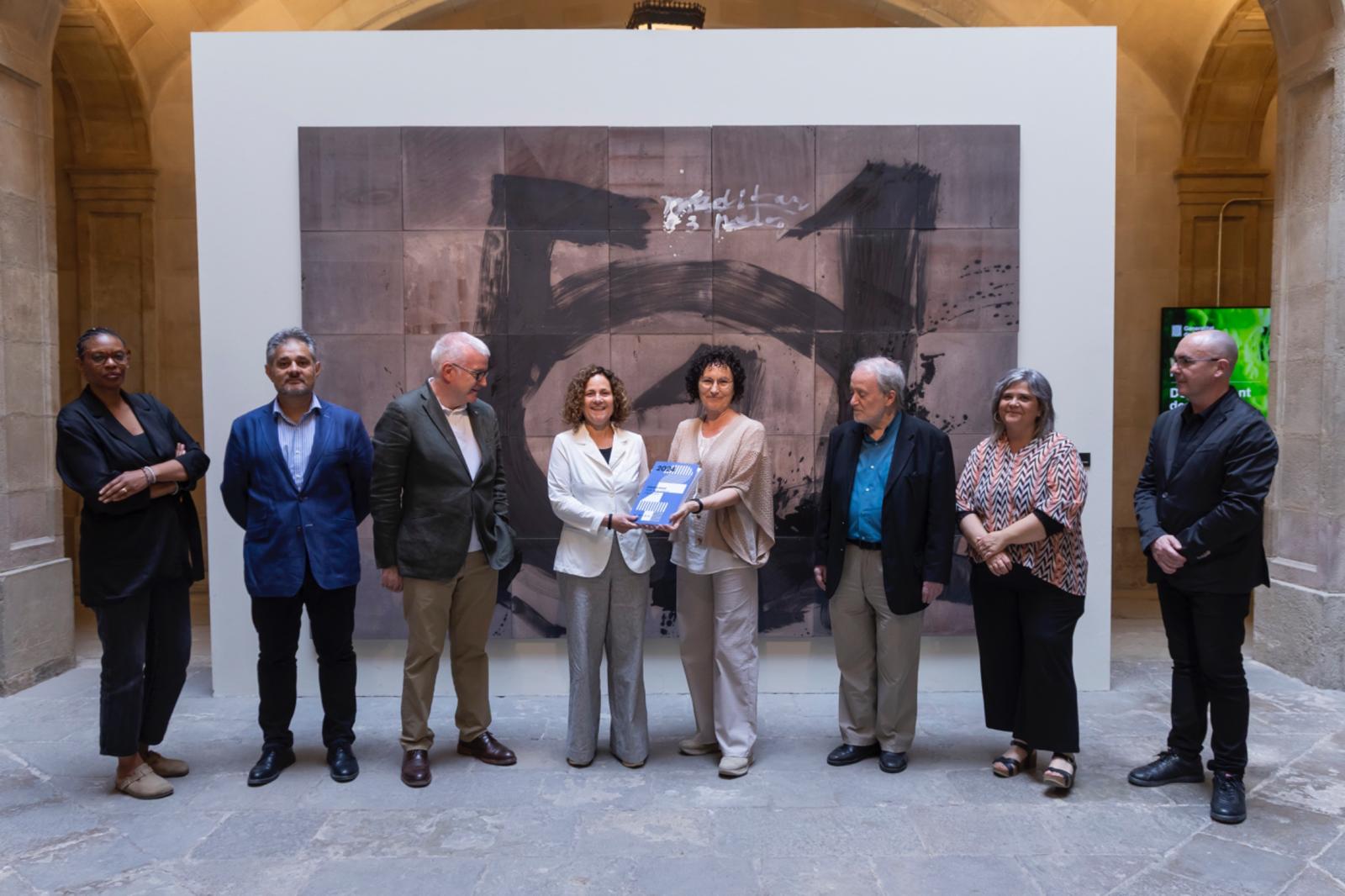 Margarida Troguet, de l'informe a la Margarida Troguet, presidenta del CoNCA, entrega l’informe a la consellera de Cultura, Sònia Hernández Almodóvar, acompanyada dels altres membres del plenari.
Margarida Troguet, de l'informe a la Margarida Troguet, presidenta del CoNCA, entrega l’informe a la consellera de Cultura, Sònia Hernández Almodóvar, acompanyada dels altres membres del plenari.
Among the recommendations proposed by the Plenary are the effective implementation of the Cultural Rights Law, the approval of its regulations and a specific financial allocation to make it a reality. It also points out the need to promote equality and reconciliation, strengthen the presence of Catalan in the digital and audiovisual environment, and review public-private collaboration models, especially in those cases that affect basic services such as libraries or civic centers.
Regarding education, the document highlights the importance of working closely with schools to bring the arts closer to the classroom. The Program for improving the presence of arts and culture in education is positively assessed, which is based on the commitment acquired during the 1st Arts in Education Forum. The CoNCA considers that it is necessary to go further and incorporate the arts as a transversal pedagogical tool, train teachers and establish alliances with cultural entities in the territory.
Proposals are also included to make diversity not just a declaration of intent. It highlights the need to open the door to groups that have often been left out of the dominant cultural narrative and to reflect this plurality through content, training and concrete actions. In the words of the Plenary itself: “Without dignity at work there cannot be a just, inclusive or transformative cultural system” .
Finally, the report calls for fewer bureaucratic obstacles and more stability for long-term cultural projects. Among other points, it proposes multi-year funding and more coordination between administrations. It also calls for consolidating the Culture Observatory with resources and collaborations with universities and specialized entities to improve analysis and monitoring of the sector.
In summary, the CoNCA report provides data, context and proposals on a reality that the cultural sector has been denouncing for some time. It does so by foregrounding issues such as improving working conditions, equity of access and the efficiency of public policies, with the aim of building a more solid, plural and balanced cultural system.



